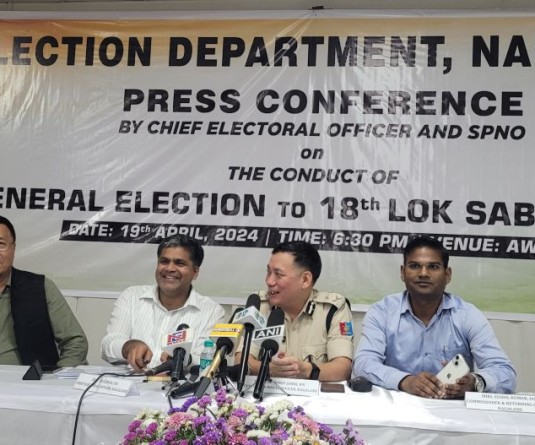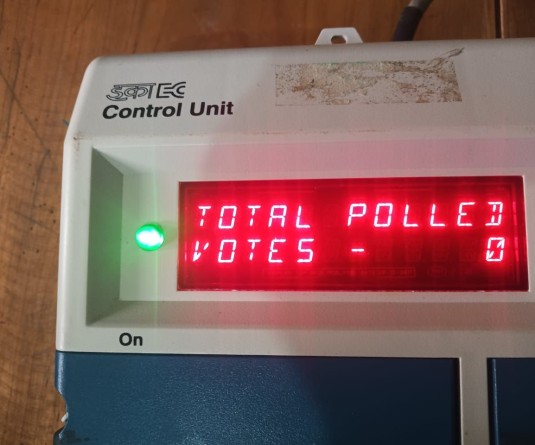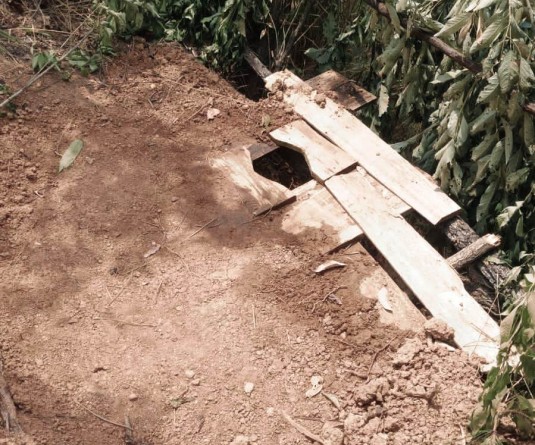
Morung Express News
Dimapur | May 24
The Office of the Additional Commissioner of Income Tax, Range-Dimapur, in collaboration with Tax Bar Association, Dimapur, organized an interactive session with commerce and industry bodies, entrepreneurs and individuals, here at Hotel Saramati on Friday.
The interactive session was part of the Income Tax department’s outreach programme to educate taxpayers on specific provisions and procedures and also to highlight the initiatives taken by the department to raise awareness on responsibilities of the taxpayer.
Additional Commissioner, Income Tax, Range –Dimapur, Imokaba Jamir, IRS, in his address highlighted on ‘Benami transaction’, the rights and duties of tribal who are exempted from paying income tax u/s 10 (26) of the Income Tax Act, 1961, and also the issue faced by the Department in cases related to demonetization.
The Additional Commissioner said Benami transaction is an illegal transaction where a tribal who is exempted from paying income tax allows a non-tribal who has to pay income tax to buy property or run business using the tribal’s name as a front or cover up to avoid paying tax to the government.
Citing examples of Nagaland and neighbouring Karbi Anglong district in Assam, where non-tribal business houses and individuals use tribal names as a front to avoid paying income tax, Jamir cautioned that under the amended Prohibition of Benami Transaction Act, 2016, the penalties are serious for both the ‘name lender’ (tribal) and beneficiary (non-tribal), including 7 years rigorous imprisonment in addition to paying 25% of fair market value of the property or business in question.
On the demonetization exercise (Nov-Dec 2016), Jamir said the Income Tax department is keeping a tap on every demonetized money transaction above INR 10 lakhs, irrespective of whether the deposit transaction is made in the bank accounts of tribal or non-tribal. In this regard, Jamir said there are still around 900 instances where tribals from Nagaland and Karbi Anglong have to respond to the Income Tax department’s notice to furnish information on such deposits.
Jamir cautioned that after issuance of final notice, if the individual concerned does not respond, then the department might treat the deposit as “unexplained income” and penalty imposed on the individual.
A representative of the Tax Bar Association, Dimapur, also iterated that though tribals are exempted from paying income tax under section 10 (26), they are not exempted from other financial transactions and obligations.
Among others, representatives of Kohima Chamber of Commerce & Industry, Dimapur Chamber of Commerce & Industry, Diphu Chamber of Commerce & Industry, GBs and entrepreneurs attended the session.





